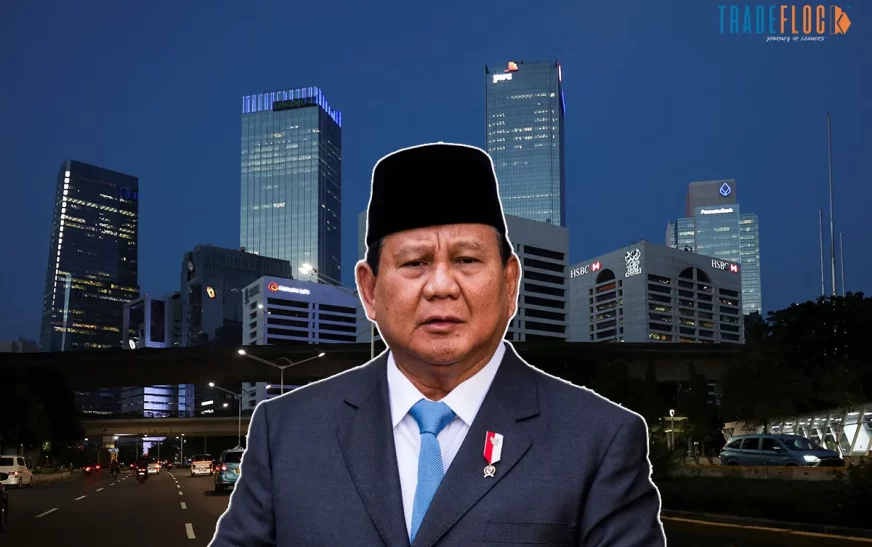Indonesia announced a new economic stimulus package worth 16.23 trillion rupiah ($989 million), aimed at boosting the country’s economy and providing temporary employment. The measures include food assistance, infrastructure projects, tax reliefs, and programs for job creation. Implemented in Q4 of 2025, with some extending into 2026, the package is part of Indonesia’s efforts to sustain growth amid signs of slowing economic momentum.
The country’s economy grew by 5.12% in the second quarter, its best in two years, but signs of a slowdown raise concerns. The government aims to hit a 5.2% growth target with stimulus measures, including distributing 10 kg of rice to 18.3 million households, removing personal income tax for tourism workers, and allocating 5.3 trillion rupiah for a “cash for work” scheme employing over 600,000, mainly in rural areas, on infrastructure projects. The stimulus also offers a paid internship for 20,000 graduates, a 50% discount on work injury insurance for motorcycle and truck drivers, and extends some tax reliefs into 2026. The small business income tax rate stays at 0.5% until 2029, not rising to 1%.
In the agricultural sector, a replanting program on 870,000 hectares (2.15 million acres) of plantations will commence in 2026, focusing on commodities like sugar cane, cocoa, coffee, cashew, nutmeg, and coconut. This initiative is expected to generate around 1.6 million new jobs. Jakarta plans to introduce discounts on airfares during the upcoming holiday season, although details remain undisclosed.
Finance Minister Purbaya Yudhi Sadewa said the new measures likely won’t affect the 2025 budget deficit of 2.78% of GDP. The government will disburse 130 trillion rupiah in construction loans to property developers and small businesses, with state banks covering 5% of interest costs. These efforts support Prabowo’s goal of building 3 million affordable homes annually and creating more jobs.
Also Read: China Targets U.S. Chip Policies Before Trade Negotiations
Overall, Indonesia’s stimulus shows a targeted approach to economic stability, job creation, and social support amid moderate growth and potential slowdown.











